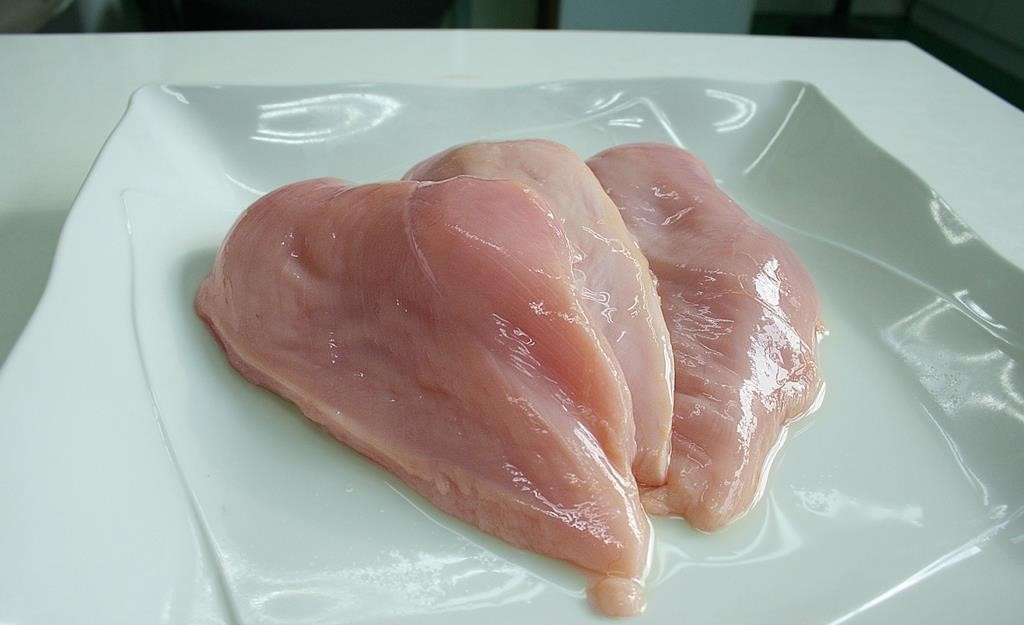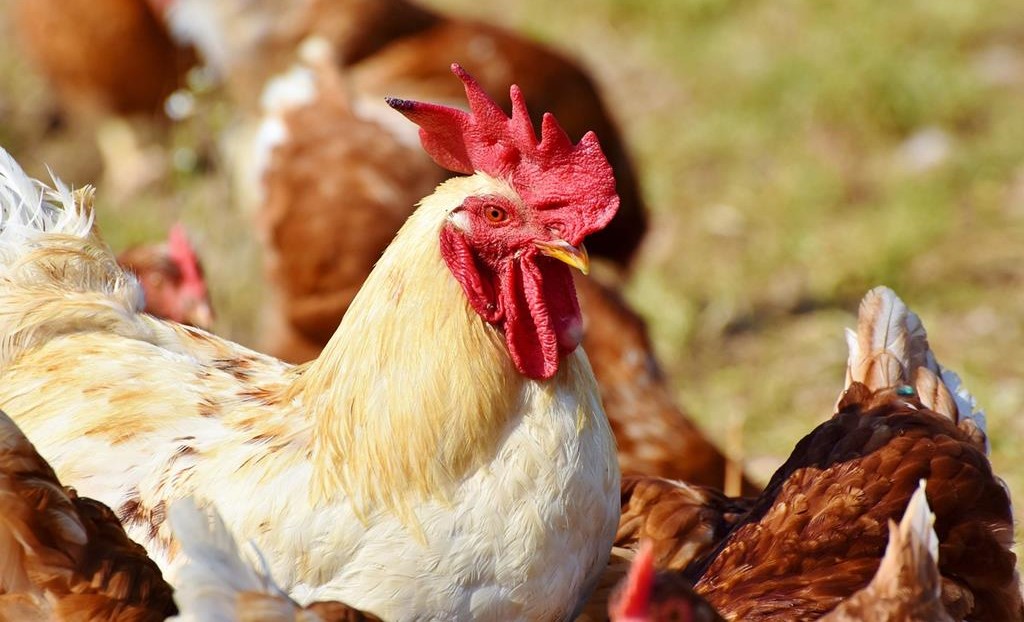Cats are obligate carnivores, which means their natural diet consists primarily of animal-based proteins. Given their carnivorous nature, some cat owners wonder whether it’s safe to feed their feline companions raw chicken. In this article, we’ll explore whether cats can eat raw chicken, the potential benefits, and the significant risks associated with this practice.
Cats and Raw Meat
Cats in the wild are skilled hunters, preying on a variety of small animals. Their digestive systems have evolved to process raw meat efficiently, and they possess strong stomach acids and enzymes capable of breaking down bacteria and pathogens commonly found in raw prey.
Can Cats Eat Raw Chicken?
Yes, cats can technically eat raw chicken, and many feline enthusiasts advocate for a raw food diet for cats. Proponents of this diet argue that it more closely resembles a cat’s natural diet and can have several potential benefits.

Benefits of Feeding Cats Raw Chicken
- Nutritional Profile: Raw chicken is an excellent source of high-quality protein, which is essential for a cat’s muscle growth, maintenance, and overall health.
- Enzymes and Nutrients: Proponents of raw diets claim that uncooked meat retains more of its natural enzymes and nutrients, which can be beneficial for a cat’s digestion and overall well-being.
- Potential Allergen Reduction: Some believe that feeding a raw diet can reduce the risk of food allergies and intolerances in cats since it typically avoids common allergens found in commercial cat food.
- Hydration: Raw meat has a higher moisture content than dry kibble, potentially helping cats stay better hydrated.
Risks and Considerations
Despite these potential benefits, feeding raw chicken to cats comes with significant risks and challenges that must be carefully considered:
- Bacterial Contamination: Raw chicken can carry harmful bacteria, such as Salmonella and Campylobacter, which pose a significant risk to both cats and their owners. These bacteria can lead to severe illness in cats and are also transmissible to humans.
- Parasites: Raw meat may contain parasites such as Toxoplasma gondii, which can cause serious health issues in cats and can also be transmitted to humans.
- Nutritional Imbalance: Providing a balanced diet with all the necessary nutrients can be challenging with a raw food diet. Cats may miss out on essential vitamins and minerals if their diet is not properly formulated.
- Bone Hazards: Small bones in raw chicken can be a choking hazard or cause injury to a cat’s digestive tract.
- Food Safety: Handling raw chicken can be risky for pet owners due to potential cross-contamination and the spread of harmful bacteria.
- Veterinary Guidance: If considering a raw diet for your cat, it’s crucial to consult with a veterinarian or a veterinary nutritionist to ensure the diet is nutritionally balanced and safe.
Conclusion
While cats are biologically equipped to handle raw meat, feeding them raw chicken carries significant risks, particularly due to bacterial contamination and potential nutrient imbalances. If you are considering a raw food diet for your cat, it’s crucial to consult with a veterinarian who can provide guidance on proper nutrition and food safety. Many veterinarians recommend commercially prepared cat food, as it is specifically formulated to meet feline nutritional needs while minimizing the risks associated with raw meat. Ultimately, the health and well-being of your beloved feline friend should be the top priority when making dietary choices.



